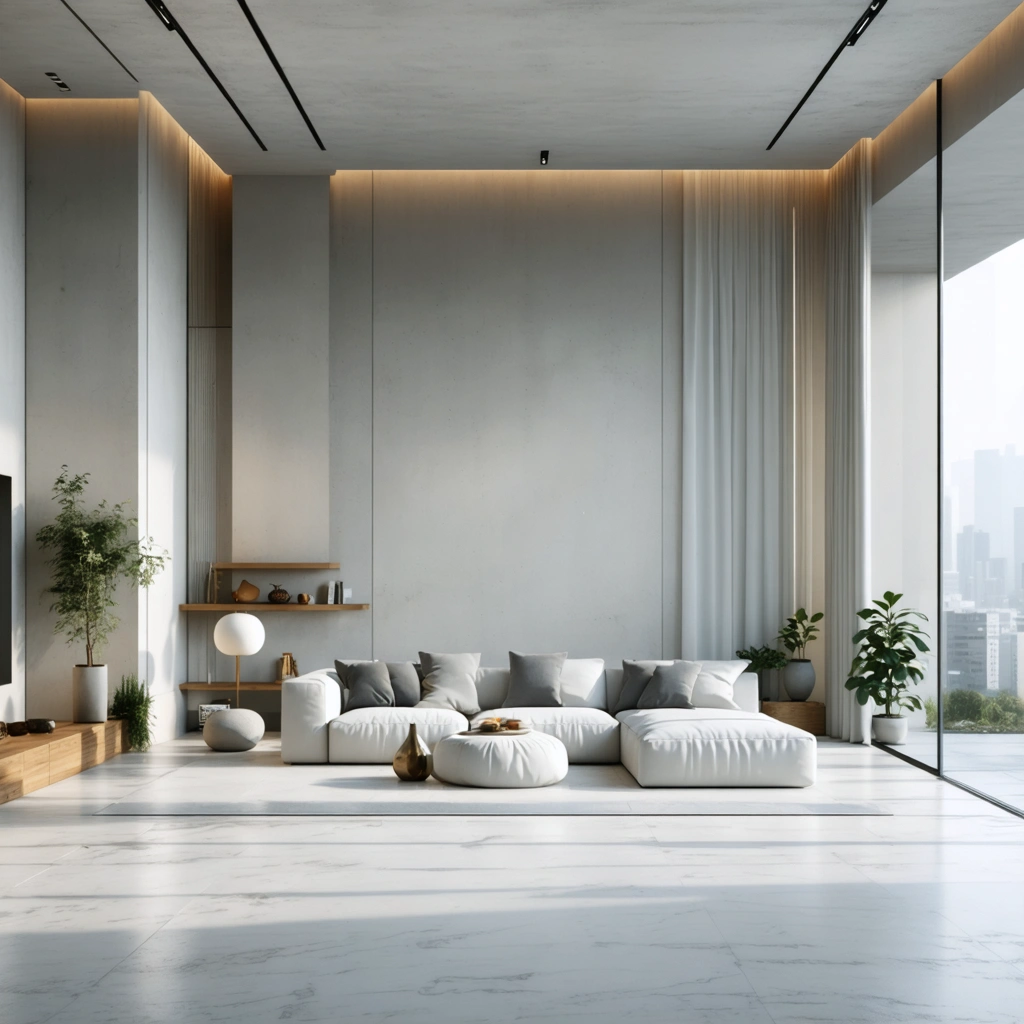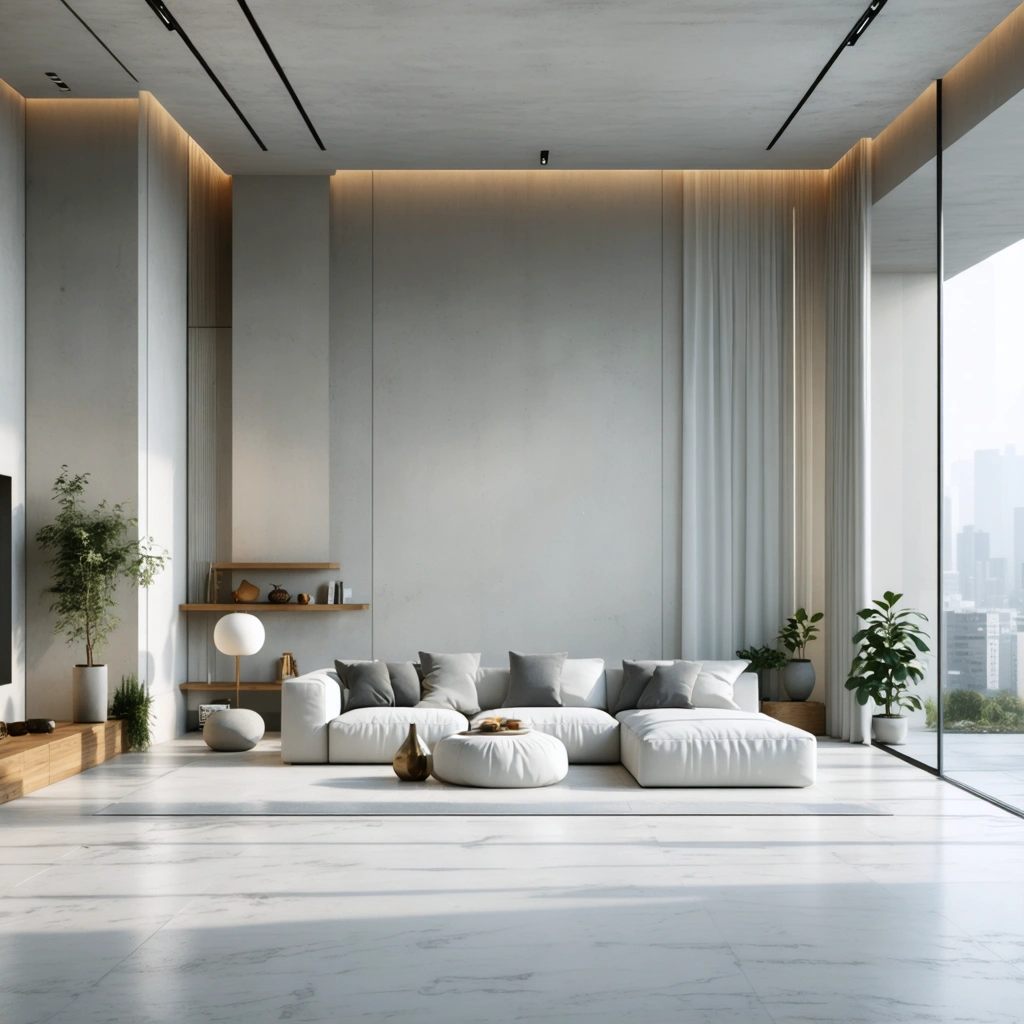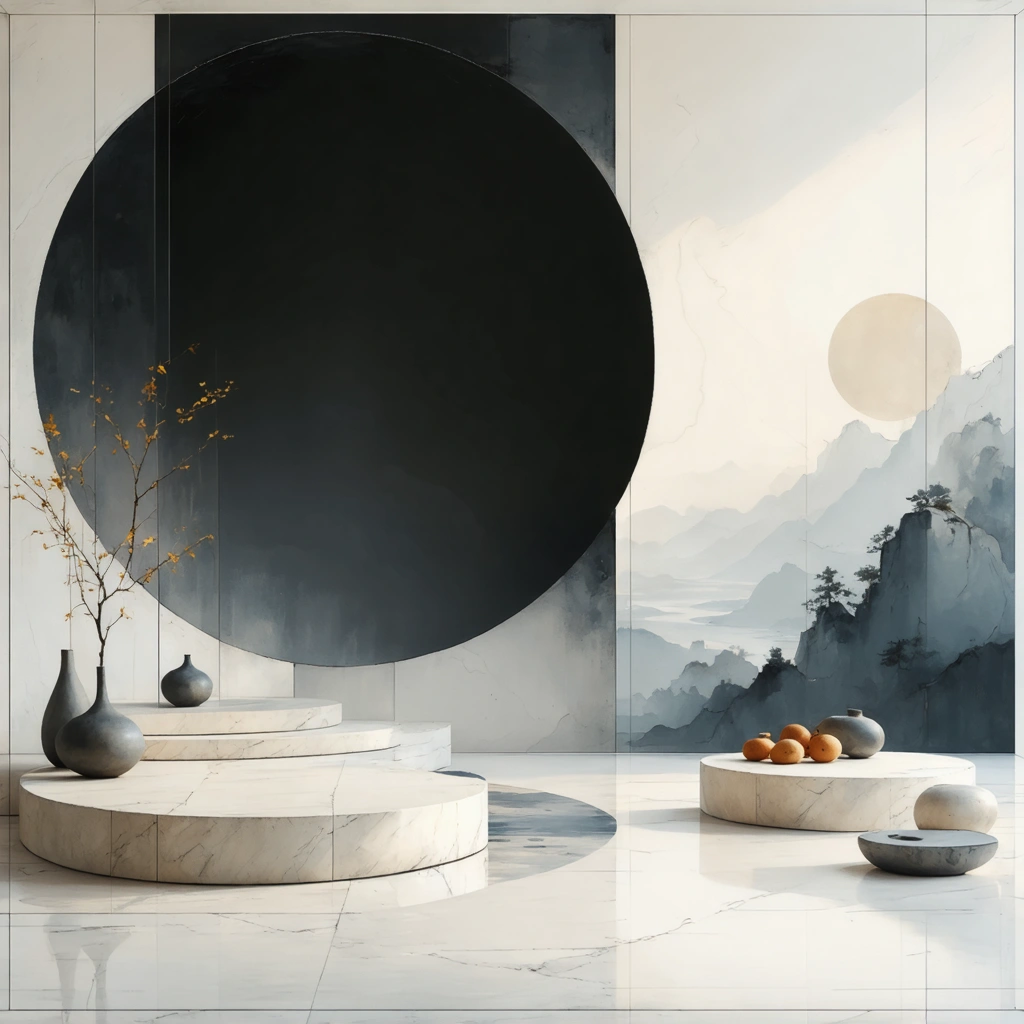
When Less Is More: The Rise of the Minimalist Lifestyle
Imagine waking up to a space where every item has a purpose, every design element whispers calm, and your mind feels as uncluttered as your surroundings. This isn’t just a dream for some—it’s the essence of embracing zero. The concept of zero, or nothingness, might seem empty at first glance, but within minimalism, zero becomes a powerful symbol of intentional living and design. In a world brimming with excess, noise, and distraction, the minimalist lifestyle challenges us to strip away until all that remains is what truly matters.
We live in an era where consumer culture bombards us with messages to accumulate more—more stuff, more tasks, more digital distractions. It’s no wonder many feel overwhelmed, lost in a sea of chaos both physical and mental. The relentless push for “more” often leaves people exhausted, craving simplicity but unsure where to start. This is where the philosophy of zero steps in, not as a void but as a bold statement: embracing less to gain more clarity, freedom, and purpose.
Zero as a Philosophy: Beyond the Absence of Things
Zero isn’t just a number; it’s a mindset. It embodies the minimalist lifestyle’s core principle: simplicity in design and living. But why does zero resonate so deeply in a culture fixated on accumulation? Because zero pushes boundaries—it dares us to rethink what we need, what we want, and what truly adds value to our lives.
Think about your home, your wardrobe, or even your digital world. How much of what you own do you actually use or cherish? Minimalism encourages us to pare down, to remove the unnecessary, and to create space for the essential. This approach doesn’t mean deprivation; it means making conscious choices that reflect our values and priorities.
Design-wise, zero manifests as clean lines, neutral colors, and open spaces. It’s a deliberate absence of clutter that allows form and function to coexist harmoniously. In living, zero inspires us to focus on experiences, relationships, and personal growth rather than material possessions. It’s a profound shift from quantity to quality.
Why Zero Matters Now More Than Ever
In a fast-paced world dominated by consumerism and information overload, the minimalist lifestyle represents a necessary counterbalance. Studies show that cluttered environments can increase stress and reduce productivity, while minimalist spaces promote calm and focus. Embracing zero helps us regain control and live with intention.
Moreover, the environmental impact of overconsumption is undeniable. Minimalism’s zero-based philosophy encourages sustainability by reducing waste and promoting mindful purchasing habits. It’s not just about what we lose but what we gain—a cleaner planet and a more fulfilling existence.
What This Journey Will Explore
Throughout this article, we’ll dive deep into what makes zero such a compelling foundation for minimalism. You’ll discover how this philosophy reshapes not only the way we design our spaces but also how we approach daily living. From practical tips for adopting a minimalist lifestyle to inspiring stories from those who have embraced zero, this post will equip you with the insights needed to transform your life.
Whether you're curious about decluttering your home, simplifying your schedule, or seeking a richer, more meaningful way of living, understanding zero will illuminate the path. Prepare to challenge conventional wisdom, rethink your relationship with possessions, and step boldly into a minimalist lifestyle defined by clarity, purpose, and freedom.

Understanding Zero: Minimalism’s Bold Lifestyle and Its Philosophy
What is the philosophy behind Zero and how does it relate to minimalism?
The philosophy of Zero, often symbolized as 0, embodies the essence of minimalism by championing simplicity both in design and everyday living. At its core, Zero advocates for stripping away excess to focus on what is truly essential. This approach is not just about having fewer possessions but about creating space—physically, mentally, and emotionally—for clarity and purpose.
Minimalism as a lifestyle emphasizes intentionality, reducing distractions, and valuing quality over quantity. Zero’s philosophy aligns perfectly with these principles by encouraging people to start from “zero,” or a blank slate, and build their environment and routines thoughtfully. This mindset helps individuals avoid clutter—be it material or psychological—and promotes well-being through simplicity.
How does adopting a minimalist lifestyle using Zero principles impact daily life?
Adopting a minimalist lifestyle inspired by Zero’s philosophy can profoundly change how people approach their day-to-day activities. By focusing on essentials, individuals often experience:
- Reduced stress and mental clutter: A decluttered space often leads to a decluttered mind, improving concentration and emotional health.
- Increased productivity: With fewer distractions, the mind can focus better on tasks, resulting in more efficient work and creative thinking.
- Financial freedom: Minimalism encourages mindful spending, reducing impulsive purchases, which can lead to saving money and reducing debt.
- Environmental benefits: Living minimally means consuming less, which reduces waste and lowers one’s ecological footprint.
For example, a case study of individuals who adopted the minimalist lifestyle showed that after reducing possessions to below 100 items, participants reported higher life satisfaction and decreased anxiety levels over six months.
What are practical steps to incorporate Zero’s minimalist philosophy into home design?
Integrating Zero’s minimalist philosophy into design involves a thoughtful and intentional approach to space and aesthetics. Here are actionable steps to achieve this:
- Start with a blank canvas: Clear out all non-essential items and evaluate what truly adds value to your space.
- Prioritize functionality: Choose furniture and decor that serve multiple purposes and are designed with clean lines and neutral colors.
- Embrace negative space: Allow areas without furniture or decoration to create a sense of openness and calm.
- Use quality over quantity: Invest in fewer, well-crafted items that last longer rather than many disposable products.
- Incorporate natural elements: Bringing in natural light, plants, and organic materials connects your living space with nature, enhancing peace and simplicity.
This approach reflects Zero’s bold lifestyle by rejecting clutter and complexity in favor of elegance and purpose.
Why is Zero’s minimalist lifestyle considered 'bold' in today’s society?
The minimalist lifestyle promoted by Zero is often described as bold because it challenges the prevailing culture of excess and consumerism. In a world where success is frequently measured by material possessions and constant consumption, choosing to live with less requires courage and conviction.
Zero’s philosophy pushes individuals to reject societal pressures and redefine what fulfillment means on their own terms. It demands a radical shift in mindset—valuing experiences over things, quality over quantity, and intentionality over convenience. This shift is bold because it involves letting go of ingrained habits and expectations, which can be both liberating and challenging.
How can one measure success or progress in a minimalist lifestyle inspired by Zero?
Measuring success in a minimalist lifestyle is less about counting possessions and more about assessing overall well-being and satisfaction. Here are some indicators:
- Emotional clarity: Feeling less overwhelmed and more at peace with your environment.
- Time management: Having more free time as a result of streamlined possessions and routines.
- Financial health: Improved savings and reduced debt due to mindful consumption.
- Environmental impact: A noticeable reduction in waste and consumption patterns.
- Personal growth: Greater self-awareness and alignment with your values and goals.
Tracking these aspects over time can help individuals stay motivated and understand how deeply the minimalist lifestyle influences their quality of life.
What challenges do people face when transitioning to a Zero-inspired minimalist lifestyle, and how can they overcome them?
Transitioning to a minimalist lifestyle using Zero’s philosophy can present several challenges:
- Emotional attachment: Letting go of possessions tied to memories or identity can be difficult.
- Social pressure: Friends and family may not understand or support minimalist choices.
- Consumer habits: Breaking the cycle of habitual buying requires conscious effort.
- Fear of missing out (FOMO): Concerns about lacking something needed or trendy.
To overcome these challenges, individuals can:
- Start small: Declutter one area at a time to avoid overwhelm.
- Reflect on values: Regularly revisit personal reasons for embracing minimalism.
- Seek community: Connect with others practicing minimalism for support and inspiration.
- Practice gratitude: Focus on appreciating what you have rather than what you lack.
By addressing these challenges thoughtfully, adopting the Zero minimalist lifestyle becomes a sustainable and rewarding journey.



